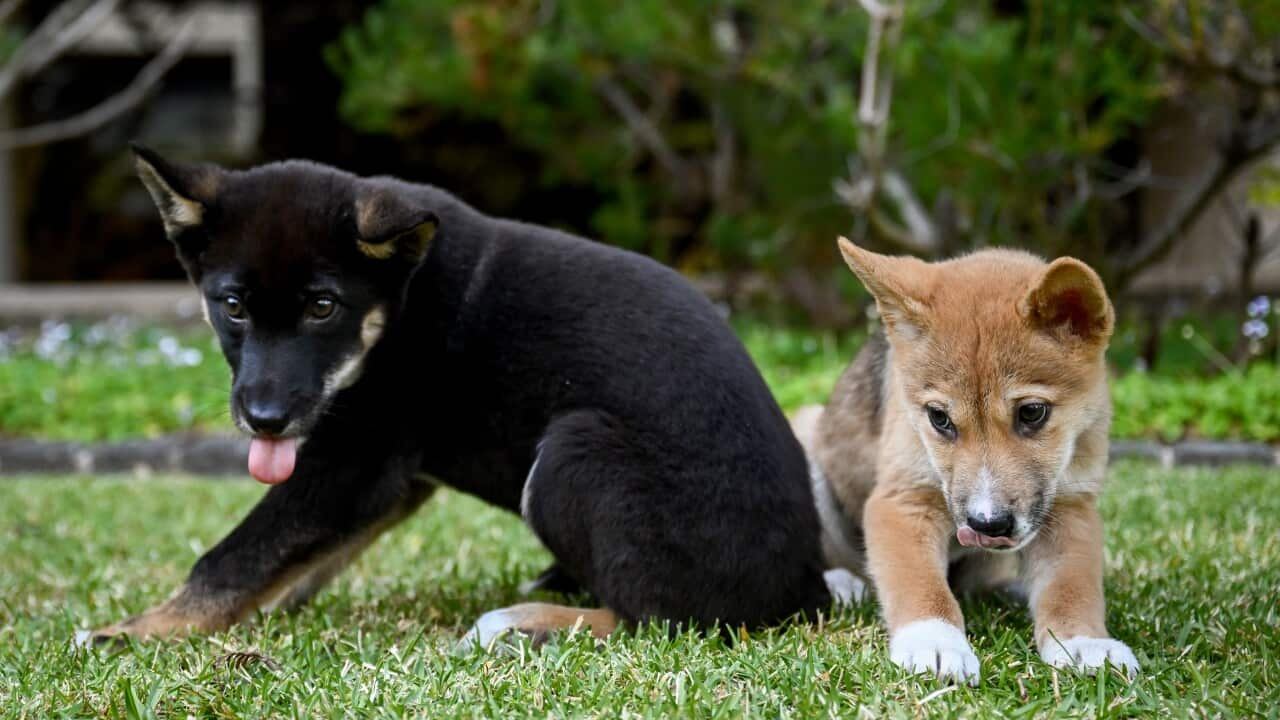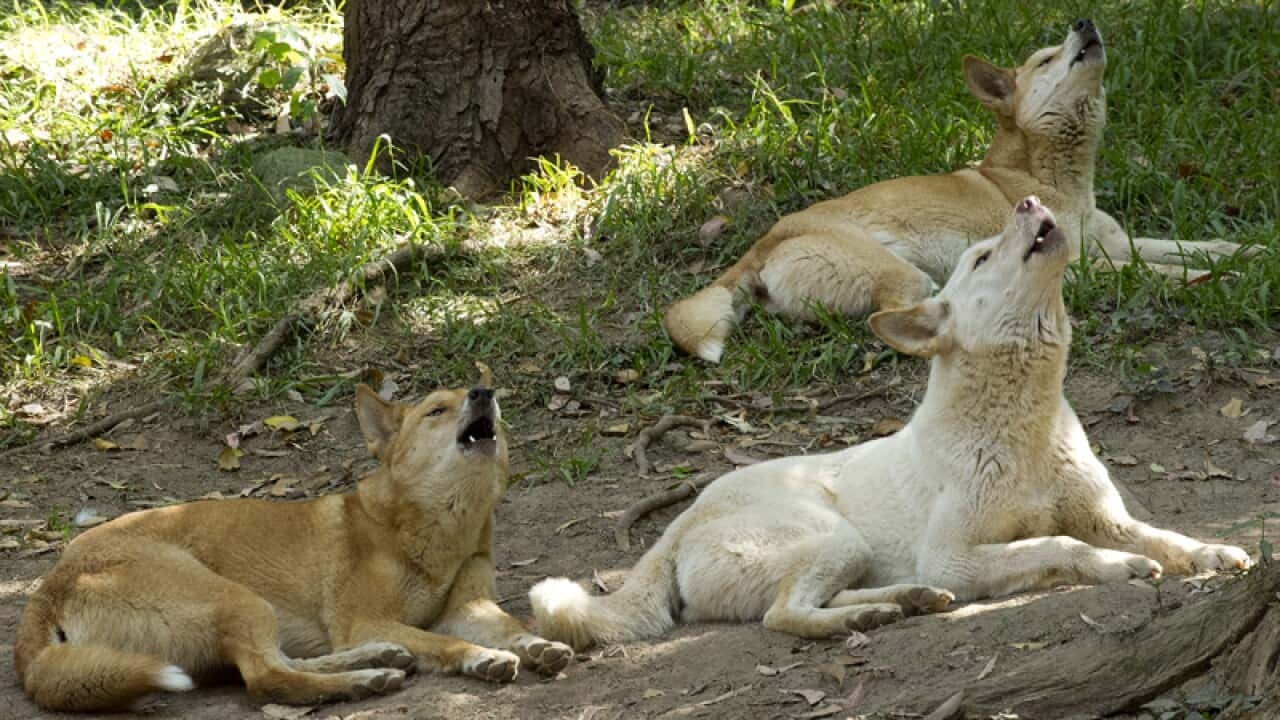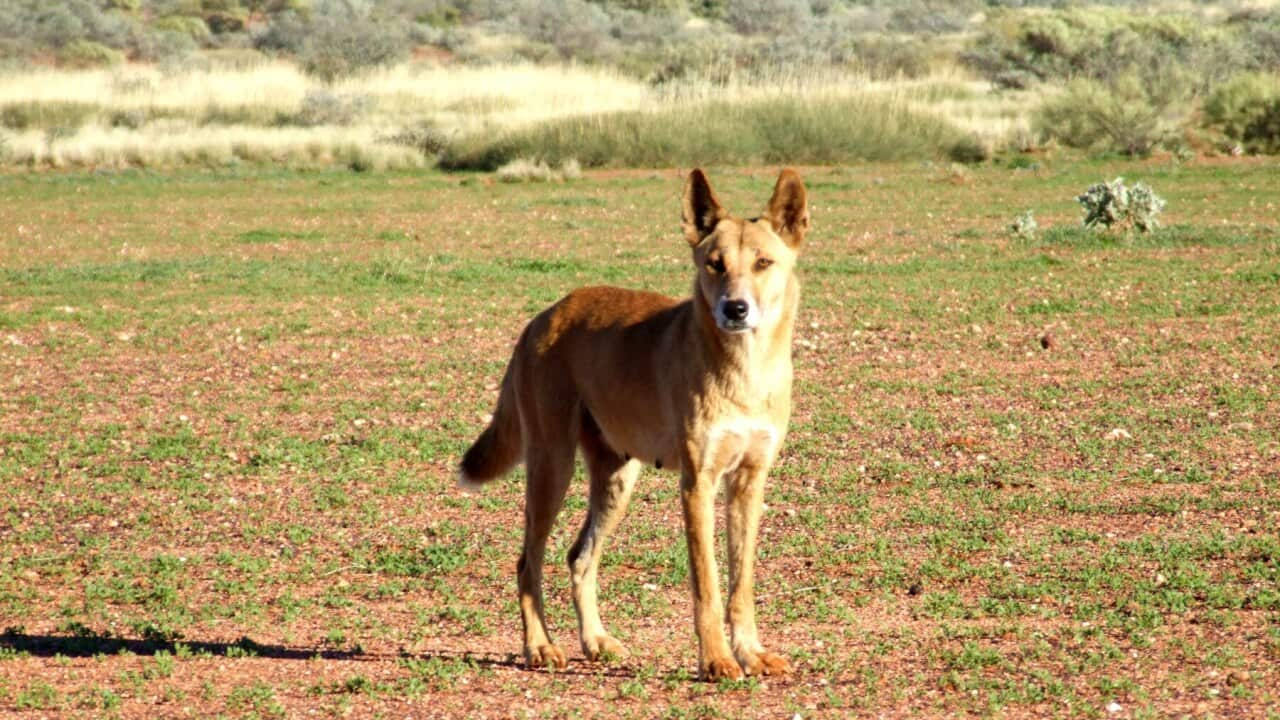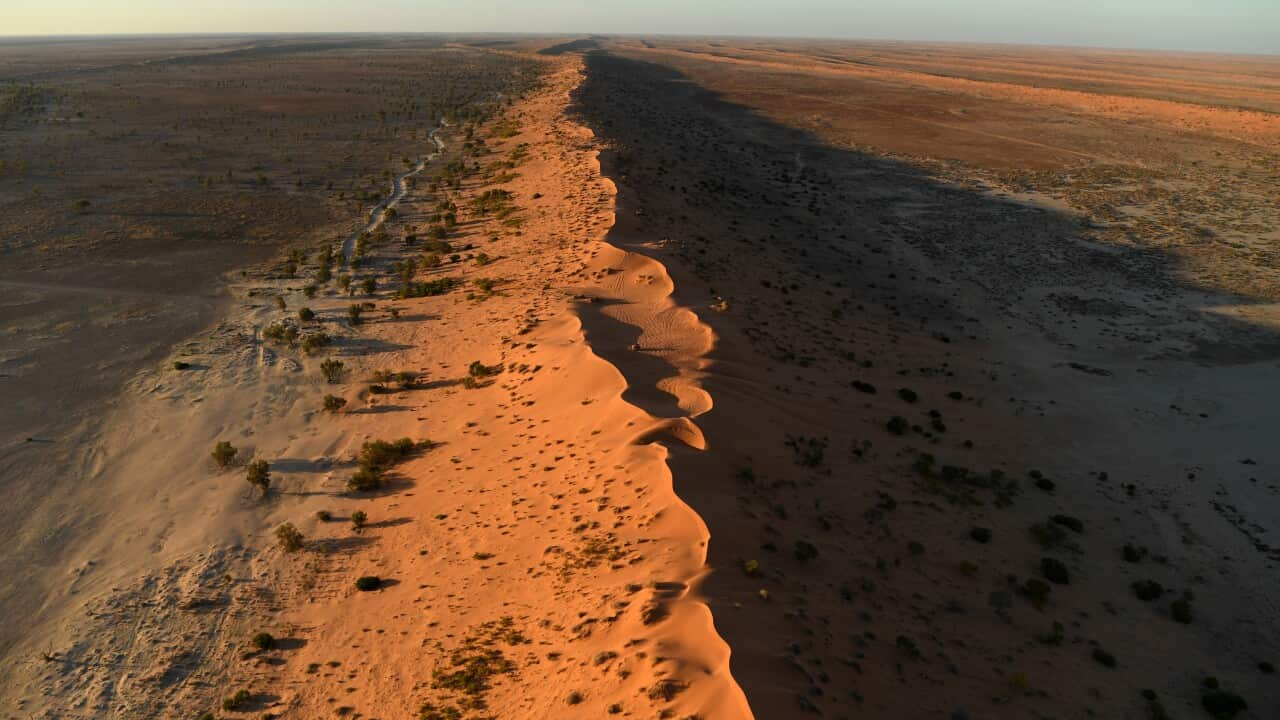To Bandjalang people Maitland and Harry Wilson the dingo is boss.
"They control the balance ... the king of all kings," Harry said.
But dingoes are the only native mammal in NSW specifically excluded from protection.
READ MORE
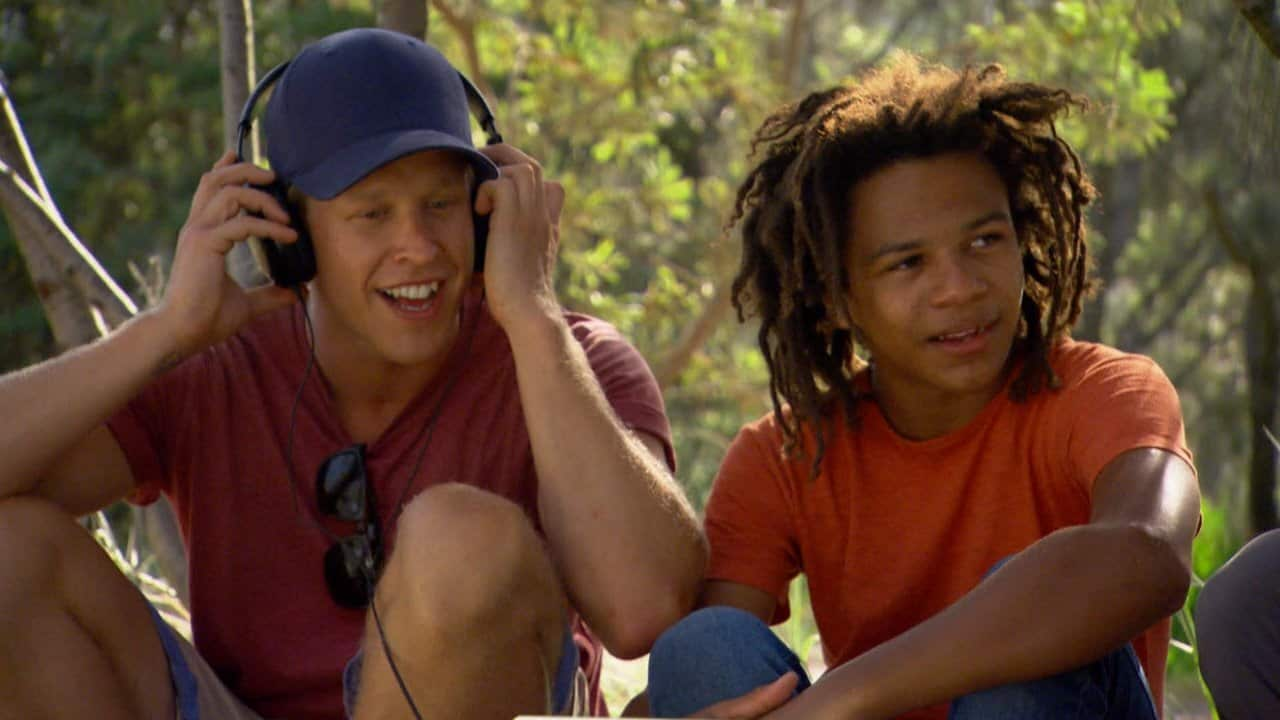
Bushwhacked S3 Ep12 - Dingoes
They are also not protected in the ACT or South Australia.
Maitland and Harry are Minyumai Rangers, looking after Bandjalang Country in northeast NSW, where they're aiming to preserve, conserve, and help rehabilitate Ngugum (Dingo) on the Minyumai Indigenous Protected Area.
The Minyumai IPA, a 2000ha property bordering the Bundjalung National Park and Tabbimoble Swamp Nature Reserve, is one of the few places that dingoes are safe in NSW.
In Queensland, Western Australia, Victoria and the Northern Territory, dingoes are protected in national parks and conservation areas.
Tasmania does not have a native dingo population.
Last year, the Girrugun Aboriginal Corporation hosted the inaugural First Nations Dingo Forum in Cairns, bringing together rangers with dingo geneticists, ecologists, lawyers and resulting in the .
Forum organiser and member of the national Dingo Advisory Council Sonya Takau, a Jirrbal Rainforest Aboriginal woman living in Far North Queensland, said Indigenous people are not included in the decisions being made about a very culturally significant animal.
“The legislation is just basically written to support the agricultural industry but there's nothing there to consider how we might want to be involved and how we might want to have a say in dingo management in this country, and how we want to protect them," Ms Takau told NITV.
“There's big dingo songlines right around Australia that really connect us all as First Nations people.
“My old people, when we go out on Country and they'll see a dingo they'll sing out, ‘Hey, countryman, where you going?’ – that's how strong the connection is.”
'Not many places in NSW where the dingo is safe'

Minyumai Ranger Harry Wilson and NSW Greens MP Sue Higginson with a rescued dingo puppy during the National First Nations Dingo Declaration to members of NSW parliament. Source: AAP / BIANCA DE MARCHI/AAPIMAGE
We want to show government that these animals are needed on Country.
The Minyumai Rangers, supported by Greens MLC Sue Higginson and not-for-profit Defend the Wild, are calling for a into dingo management.
“Minyumai IPA is a very safe place for dingo, where they belong on Country,” Maitland said.
“Sadly, there are not many places in NSW where the dingo is safe, and we want to change that.
"Through our dingo management program, we want to show government that these animals are needed on Country."
The rangers have started monitoring Ngugum movements and scats on Minyumai IPA, for a research program.
They are also collaborating with , UNSW conservation biologist who is doing genetic research proving 'wild dogs' are, in fact, dingoes.
Alix Livingstone from Defend the Wild said, while there are variations between states and territories, largely across the country dingoes are managed through poison baiting, trapping and shooting.
“There's also traps laced with poison, and then in some states, there's even a bounty for every dingo pelt submitted by hunters, so actually incentivising the hunting of dingoes,” she said.
Ms Takau and Ms Livingstone said there are many alternative ways to manage dingoes.
In March, thanks to advocacy from Wotjobaluk Traditional Owners and the , the Victorian Government announced .
“What we're saying in this modern age is stop baiting,” Ms Takau said.
“They've been killing and persecuting and demonising and villainising this native animal since the white man first came here.
"Where dingoes are present you have less mesopredators in the area, such as foxes and feral cats.
"Culturally, they're very important, but environmentally, they're also needed too because they balance nature."
Scientists too are advocating for changes to legislation, with a group of experts sending letters to NSW, Victorian and SA environment and agriculture ministers calling on them to review and revise current policy regarding dingoes.
Advances in scientific knowledge about dingoes demonstrate that most wild canids in Australia are dingoes, not 'wild dogs'.
"Dingoes are native wildlife and not an invasive species," the group of scientists wrote.
"It is no longer acceptable for dingoes to be killed as pests in National Parks."
But while Victoria is protecting dingoes in one corner of the state where the population is at risk of extinction, in NSW and SA the emphasis is still on protecting agriculture.
A NSW government spokesperson said wild dog attacks on livestock and increasing biosecurity risks from the spread of disease can have major financial impacts on farmers.
"The economic, environmental and social impacts of wild dogs in NSW cannot be underestimated,'' the spokesperson said.
A SA government spokesperson said in that state there are no plans to change the existing management regime or definitions.
“In SA, all wild dogs, including dingoes, are declared for destruction inside the SA Dog Fence," they said.
While in Victoria, a state government spokesperson said that livestock predation is a significant challenge for farmers, and the government is undertaking a comprehensive assessment of Victoria's dingo population to guide management practices to appropriately balance the protection of livestock and the conservation of dingoes.
But for Traditional Owners like Maitland and Harry Wilson, and Sonya Takau, it's a tragedy that dingoes aren't afforded similar protection to other native species.
“Hearing about dingoes across Australia in different towns and different areas getting poisoned, shot, killed, it's really sad and it does really touch you because they are native animals," Harry said.
